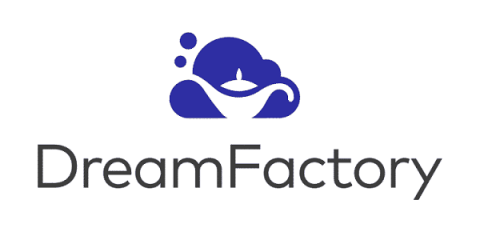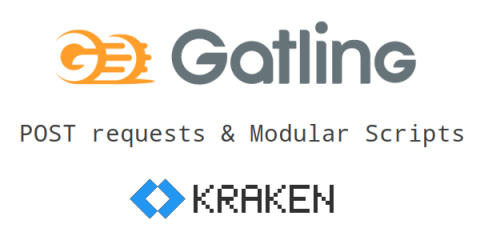Systems | Development | Analytics | API | Testing
%term
Apache YuniKorn (Incubating) 0.8 release: What's new and upcoming?
Apache YuniKorn (Incubating) is a standalone resource scheduler that aims to bring advanced scheduling capabilities for Big Data workloads onto containerized platforms. Please read YuniKorn: a universal resources scheduler to learn about the rationale and architecture. Since the time of our last post, we are delighted to update that YuniKorn was accepted by the Apache incubator in Jan 2020!
How Customer Success helped take a SaaS company from Niche to Visionary in just 3 years
It was three years ago, just after the Gartner Magic Quadrant (MQ) came out, that everything in customer success changed at Yellowfin. We had made it into the MQ again but we weren’t positioned where we believed we should be. We were a product-driven company that had been first to market for many of the functionalities that have since become expected in what BI vendors offer today.
The Ultimate Guide to Data Cleaning
While digging through data, Anna spots an interesting trend - some customers buy 3 times more than others. A segment of super-high spenders? This could make it rain for the company! She rushes to her boss, to show them the data, only to hear: “Yeah, I know. We have a bug, which inserts every order three times in the database. Were you not paying attention during our daily meeting?” Aw-kward.
Gatling: Loops, Conditions and Pauses
This blog post is a guide to help you write Gatling scripts in order to load test web applications efficiently. It follows our second Gatling Simulation scripts parameterization article. We will continue to load test a fake e-commerce, and so we are going to improve our Virtual User to make it browse the store in a more humanly way. We start where the previous blog post ended, with a simulation script that uses a CSV feeder and a Regular Expression extractor to visit dynamic pages of the pet store.
Reasons Why Test Data Management (TDM) is Important
To quote the study, “For every USD 14 million delivery by the software development and QA team, a hidden USD 3 million was being spent on data management.
Webinar Recap: Staying Productive while "Testing from Home"
Working from home is the new norm for teams all over the world. For software development teams, adapting to the new working environment has been going on for more than one month now. To further understand the challenges of working (or testing) remotely, we conducted a quick survey on the state of working from home for the testing community.
Avoiding Memory Leaks in NodeJS: Best Practices for Performance
Memory leaks are something every developer has to eventually face. They are common in most languages, even if the language automatically manages memory for you. Memory leaks can result in problems such as application slowdowns, crashes, high latency, and so on. In this blog post, we will look at what memory leaks are and how you can avoid them in your NodeJS application. Though this is more focused on NodeJS, it should generally apply to JavaScript and TypeScript as well.
Help Us, Help You - Announcing Our COVID-19 Impact Survey
Today, we're kicking off a study on the impact of COVID-19 on mobile development, -developers and the companies that employ them. Participate in the survey here, and we'll share our findings with you in a few weeks. Read on to find out exactly what we're planning.










